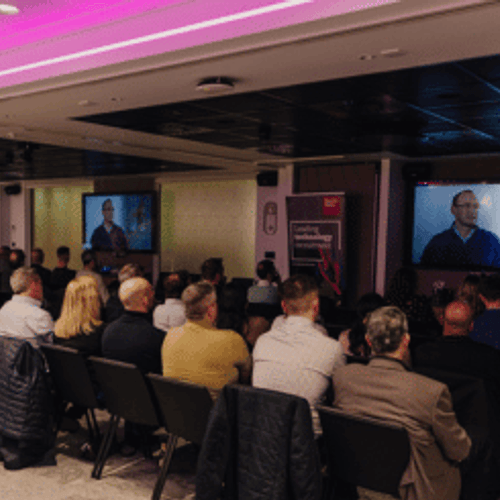Want us to find a job for you? Send us your CV and we'll be in touch when a suitable role comes up.

Let's find your next role
Sorry, we couldn't find any jobs matching your search. Please try removing some filters or searching for something else.
Back to jobsSend us your CV
What our candidates say
Every time I worked with Harvey Nash all the recruiters were always very polite, extremely helpful and always on top of everything with constant communication with me. Great service overall.
Harvey Nash was excellent. Proactive all the way through the process. Clear communication, friendly and professional. Thank you for helping me secure my current job.
This was a master class in how a recruiter should look after candidates. Your consultant was the best I've come across in 30 years in the IT sector.
I had previously vowed not to apply for any roles via a recruitment agency based on bad experiences previously, Charles Howe has restored my faith, he was fantastic throughout the process, keeping in close contact and calling when he said he would. I would highly recommend Harvey Nash to any colleagues looking for future employment.
I've never worked with recruiters that operate this fast and are so quick to ring both sides. I hope to work with you guys again.
Who do we work with?
From global enterprises to SMEs, we work with amazing clients all over the world to find you the best IT jobs in the market today. Here’s an example of some of the companies we’re working with at the moment.




